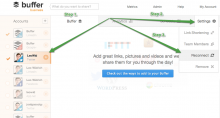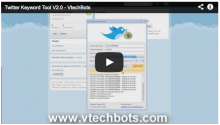Cisco Talos: Spam at levels not seen since 2010
Spam is back in a big way – levels that have not been seen since 201o in fact. That’s according to a blog post today form Cisco Talos that stated the main culprit of the increase is largely the handiwork of the Necurs botnet, stated the blog’s author Jaeson Schultz.











































































